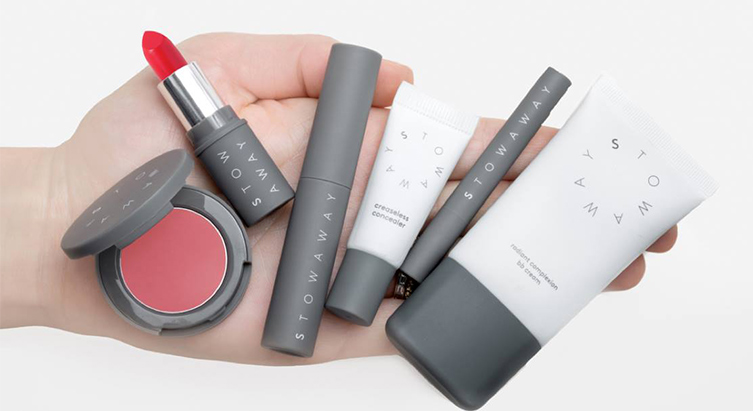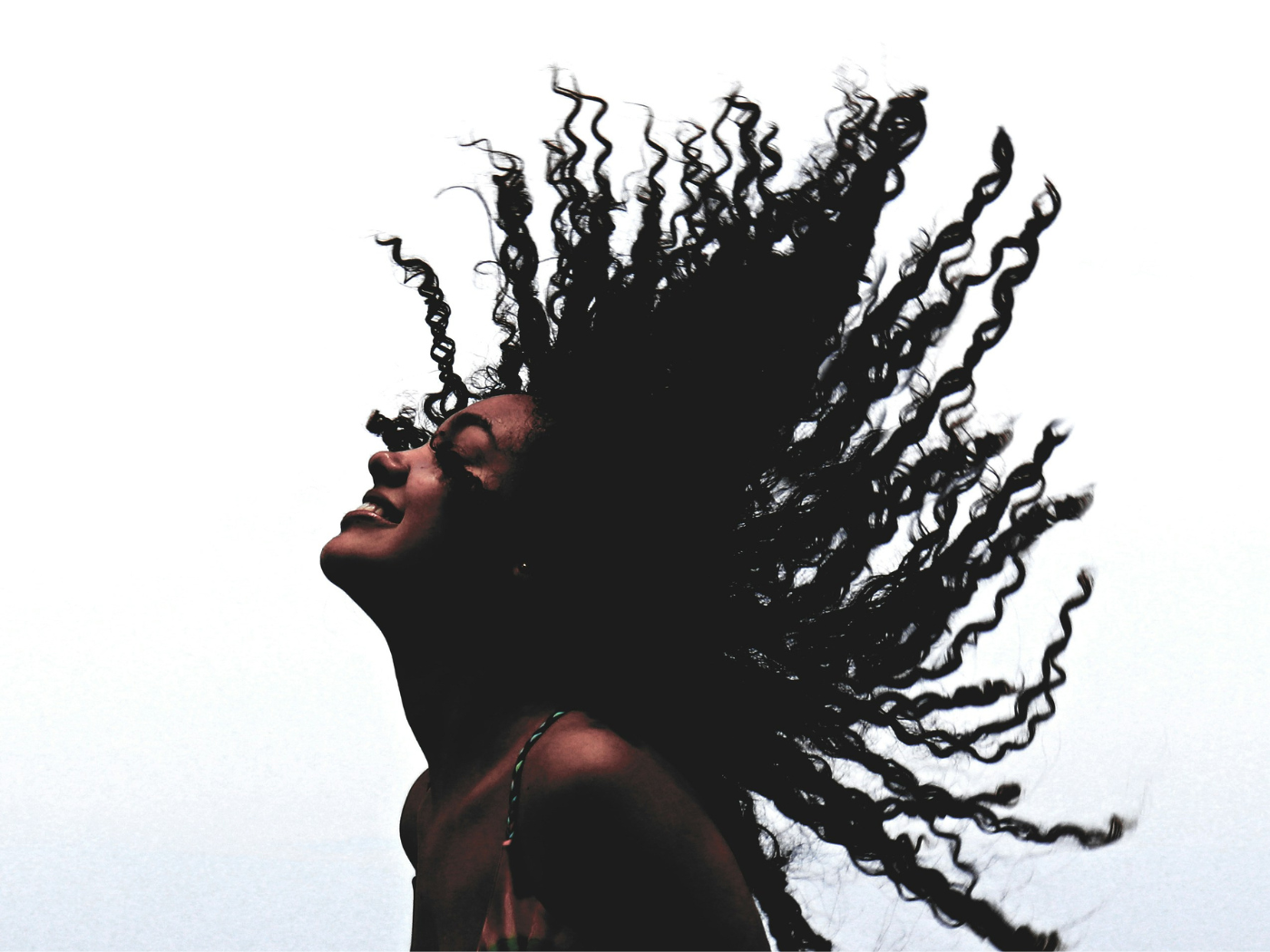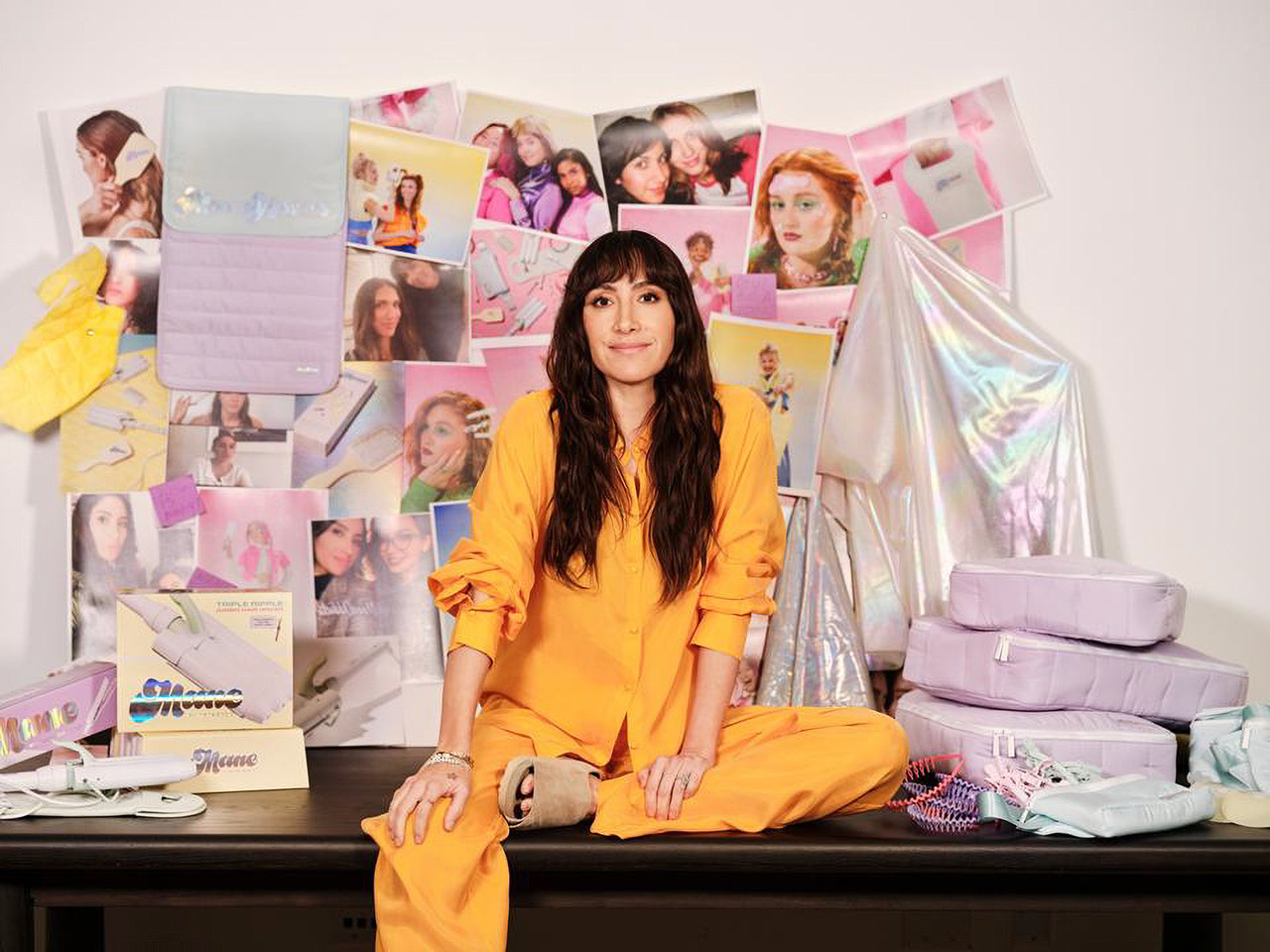Thanks to smartphones, social media and in-app purchases, it feels as if there’s a new direct-to-consumer beauty brand launching every week. These digital-first brands are taking off because they’re nimble, they can create products quickly based on customer feedback and most importantly, can do both without a lot of corporate approval or red tape. The trend of selling directly to consumers has major implications for marketer and customers — offering goods straight to the public without the middleman of department stores or boutiques keeps costs down, the quality level high and messages unadulterated.
Legacy corporations, particularly those in manufacturing, are now at a relative disadvantage, as they have not typically had a direct relationship with consumers. Instead they’re used to investing in advertising and marketing to build their brands, and rely on third-party retailers to raise awareness for sales in physical stores. But direct-to-consumer brands, arguably, can serve customers better and glean more information about them and their purchasing habits thanks to digital data about online behavior. Once a consumer has downloaded a company’s app or logged onto its website, an experience can be customized to suit a consumer’s needs. Many emerging brands in the beauty space are taking advantage of this business model, as it’s never been easier to reach smartphone owners. Here, some of the most successful beauty brands benefiting from a data-driven, digital-first business approach.
Glossier
An oft-mentioned beauty brand wunderkind, this startup created by former Vogue staffer, Emily Weiss, especially resonates with its millennial demographic. The brand recently launched a salicylic acid-spiked liquid exfoliant to appeal to this subset dealing with acne issues. The edited makeup and skin care line features products that retail below $30 and includes items such as a priming moisturizer, a face wash formulated based on reader feedback on the brand’s precursor blog, Into the Gloss. Glossier’s millennial pink packaging was designed to resonate with Instagram users.
Beautycounter
Technically an MLM (multilevel marketing company), Santa Monica, California-based Beautycounter was launched in 2013 by Founder and CEO Gregg Renfrew. Known for its innovative skin care and beauty products, Beautycounter differentiates itself within the industry by developing a rigorous ingredient selection process. While the U.S. has not seen any major federal updates to legislation in personal care since 1938, Beautycounter has developed innovative products that raise the bar for industry health and safety standards. The brand’s products are sold via independent consultants, e-commerce and strategic retail partners.
Stowaway Cosmetics
This brand is all aboutsolution-based beauty: Stowaway is a collection of “right-sized” cosmetics. Rather than spend money on traditional advertising, this brand focused on earned media and building relationships with bloggers. They also linked up with like-minded startups like Casper and Rent the Runway to host events.
Finding Ferdinand
This New York-based startup creates custom-made lipstick shades. Founder Nhu Le launched the brand in 2013. Specializing in customizable lip color and palettes, consumers simply visit the website and make your selections, then the brand sends out the product in a few days. The lipsticks are all free of parabens, mineral oil, phthalates, sodium lauryl sulfate, and gluten.
Pat McGrath Labs
Ever the innovator, mega makeup master Pat McGrath partnered with Spotify to sell a collection of her Pat McGrath Labs cosmetics via the Spotify shop of teen pop star Maggie Lindemann. With almost 2 million followers on Instagram, McGrath uses social media and her website to sell her sparkly wares packaged in Instagram-friendly couture sequins she sources specially to use in lieu of bubble wrap.
Kylie Cosmetics
The youngest of the Kardashian-Jenner clan, Kylie Jenner, created her own cosmetics brand after the wild success of her lip kit launch in 2015. Jenner recently partnered with Topshop to sell her eponymous cosmetics range, which had, until then, been sold exclusively online with wild success.
eSalon
This online hair color brand color-matches hair thanks to a personalized approach, which addresses a common pain point of at-home DIYers. The company formulates bespoke hair color based on a consumer’s particular needs, factoring in everything from her amount of gray, coloring history, hair length and texture. Previous hair treatments, skin tone and eye color also play a role in customizing a formula. Then, eSalon individually blends a shade from a wide range of tones.
The Connected Consumer is a feature series focusing on digital as it touches the beauty consumer. In November 2018, CEW will host its second annual The Connected Consumer Conference, presenting speakers from the most relevant brands, retailers and forecasting agencies discussing the latest trends in digital and social media.




